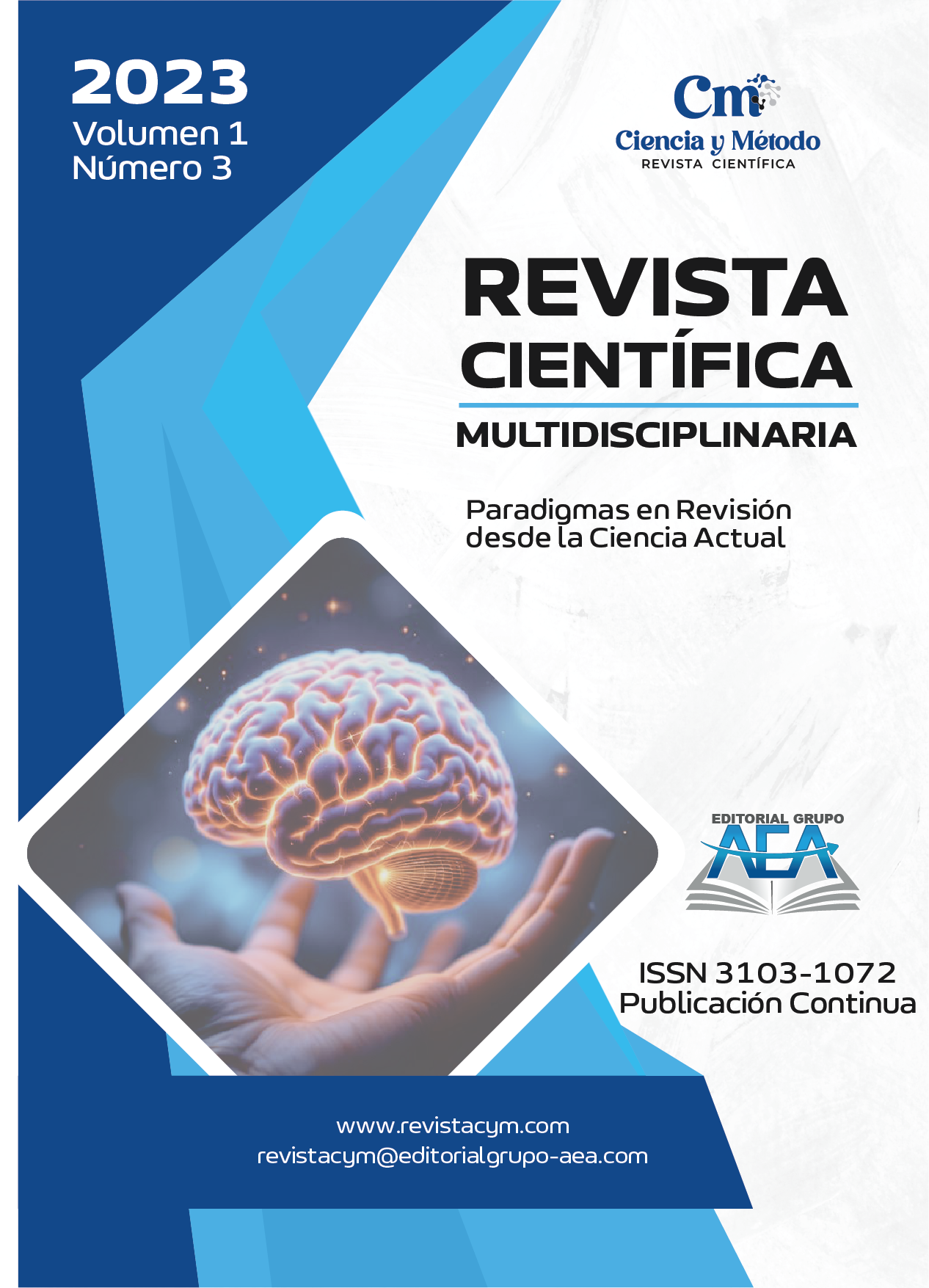Analysis of restorative justice as an alternative to the traditional penal system in Latin America
Main Article Content
Abstract
This article analyzes restorative justice as an alternative to the traditional penal system in Latin America, starting from a context characterized by punitive inefficiency, prison overcrowding and poor resocialization of the offender. Through a systematic review of scientific literature indexed in databases such as Scopus and Web of Science, empirical studies, regulatory frameworks and practical experiences in countries of the region were examined. The results show unequal progress in regulatory implementation, with greater emphasis on juvenile justice, and limited coverage in ordinary criminal justice. Colombia and Chile stand out for their legislative frameworks and pilot programs, although their scope is restricted to cases of low gravity. Institutional barriers -such as the resistance of the judicial system, lack of specialized training and scarce regulatory support- as well as sociocultural factors such as the punitive view of justice, limit the consolidation of the restorative approach. The study concludes that, despite the difficulties, restorative justice has a significant transformative potential, especially if it is articulated with community and intercultural practices. For its consolidation, political will, comprehensive reforms, professional training and a cultural shift towards reparation and dialogue are required.
Downloads
Article Details
Section

This work is licensed under a Creative Commons Attribution-NonCommercial 4.0 International License.
How to Cite
References
Álvarez-Castañeda, V. (2021). Justicia restaurativa juvenil en México: alcances y limitaciones normativas. Revista Mexicana de Derecho Penal y Criminología, 13(2), 45–67.
Barzola-Plúas, Y. G. (2022). Reformas Constitucionales en Ecuador: Impacto y Perspectivas. Revista Científica Zambos, 1(1), 86-101. https://doi.org/10.69484/rcz/v1/n1/23
Barzola-Plúas, Y. G. (2022). Reformas Constitucionales en Ecuador: Impacto y Perspectivas. Revista Científica Zambos, 1(1), 86-101. https://doi.org/10.69484/rcz/v1/n1/23 DOI: https://doi.org/10.69484/rcz/v1/n1/23
Bonilla-Morejón, D. M. (2023). Derecho Penal y Políticas de Seguridad en Ecuador: Análisis de la Eficacia. Revista Científica Zambos, 2(3), 59-74. https://doi.org/10.69484/rcz/v2/n3/50 DOI: https://doi.org/10.69484/rcz/v2/n3/50
Braithwaite, J. (2002). Restorative justice and responsive regulation. Oxford University Press. DOI: https://doi.org/10.1093/oso/9780195136395.001.0001
Carneiro, C. (2023). Penalismo y justicia en América Latina: retos de un sistema en crisis. Revista Latinoamericana de Derecho Penal y Criminología, 29(1), 45–68.
Daly, K. (2015). What is restorative justice? Fresh answers to a vexed question. Victims & Offenders, 11(1), 9–29. https://doi.org/10.1080/15564886.2015.1107797 DOI: https://doi.org/10.1080/15564886.2015.1107797
Díaz, M. (2020). Crisis del sistema penal tradicional y alternativas restaurativas en América Latina. Revista de Ciencias Sociales, 56(3), 113–134.
Fernández, A., & Guzmán, C. (2020). Evaluación de impacto del programa de justicia juvenil restaurativa en Chile. Revista de Estudios Penales y Criminológicos, 40, 89–112.
García Moreno, M., & Vargas Fonseca, A. D. (2023). Restitución de derechos territoriales y ordenamiento ambiental en territorios étnicos en Colombia. Journal of Economic and Social Science Research, 3(3), 76–96. https://doi.org/10.55813/gaea/jessr/v3/n3/74 DOI: https://doi.org/10.55813/gaea/jessr/v3/n3/74
Latimer, J., Dowden, C., & Muise, D. (2005). The effectiveness of restorative justice practices: A meta-analysis. The Prison Journal, 85(2), 127–144. https://doi.org/10.1177/0032885505276969 DOI: https://doi.org/10.1177/0032885505276969
Londoño-Toro, B., & García, L. (2021). Justicia restaurativa en Colombia: de la normativa a la práctica. Revista Derecho y Realidad, 39(1), 53–77.
Londoño-Toro, B., & García, L. (2021). Justicia restaurativa: una alternativa viable al sistema penal tradicional en Colombia. Revista Derecho y Realidad, 39(1), 53–77.
Núñez-Ribadeneyra, R. A. (2023). Derechos Humanos y Justicia Social en el Contexto Ecuatoriano. Revista Científica Zambos, 2(3), 42-58. https://doi.org/10.69484/rcz/v2/n3/49 DOI: https://doi.org/10.69484/rcz/v2/n3/49
Rivas, R. (2021). La justicia restaurativa en América Latina: Avances, desafíos y perspectivas. Revista Iberoamericana de Justicia Restaurativa, 7(2), 79–102.
Rodríguez, F., & Cárdenas, M. (2022). Impunidad y desconfianza en la justicia penal latinoamericana. Estudios Sociales Latinoamericanos, 39(1), 101–124.
Samaniego-Quiguiri, D. P. (2023). Acceso a la Justicia y Equidad en el Sistema Legal Ecuatoriano. Revista Científica Zambos, 2(2), 50-62. https://doi.org/10.69484/rcz/v2/n2/45 DOI: https://doi.org/10.69484/rcz/v2/n2/45
Samaniego-Quiguiri, D. P., & Bonilla-Morejón, D. M. . (2023). Análisis de la Evolución del Derecho Constitucional en Ecuador: Implicaciones para el Desarrollo Democrático. Revista Científica Zambos, 3(3), 1-14. https://doi.org/10.69484/rcz/v3/n3/53 DOI: https://doi.org/10.69484/rcz/v3/n3/53
UNODC. (2021). El estado de la justicia penal en América Latina y el Caribe. Oficina de las Naciones Unidas contra la Droga y el Delito.
Villa-Camacho, M., & Guevara, L. (2022). Justicia restaurativa en contextos de pluralismo jurídico: experiencias desde comunidades indígenas. Derecho y Sociedad, 58(2), 141–160.
Wachtel, T. (2016). In pursuit of paradigm: A theory of restorative justice. In E. Weitekamp & H.-J. Kerner (Eds.), Restorative justice: Theoretical foundations (pp. 153–172). Willan Publishing.
Zehr, H. (2015). The little book of restorative justice (Revised and updated). Good Books.





